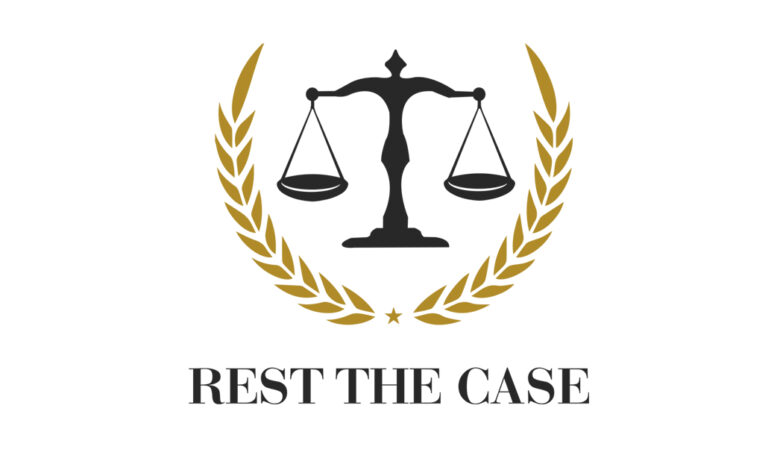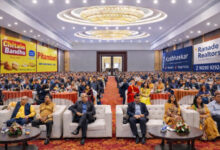Viksit Bharat @2047: Legal Foundations of a Developed India

New Delhi, [India], September 8, 2025: Rest The Case hosted a panel discussion on “Viksit Bharat @2047: Legal Foundations of a Developed India.” The session brought together four legal professionals: Adv. Laxmi Maria, a seasoned litigator and IPR expert; Adv. Prashali Soryan, a specialist in legal research and forensics; Adv. Khush Brahmbhatt, lawyer and public policy advocate; and Adv. Adhiraj Surana, founder of Adhiraj Devraj Surana & Associates.
The discussion began with the question: Can India achieve the vision of Viksit Bharat without strong legal foundations? Panelists agreed that law and justice will be central, serving as the backbone of governance, inclusivity, and fairness.
On legal reforms for growth and innovation, Adv. Maria stressed stronger intellectual property laws to encourage startups while ensuring accessibility. Adv. Surana highlighted challenges in infrastructure and land acquisition laws, calling for simpler frameworks and faster clearances.
On labour laws and workforce, Adv. Brahmbhatt emphasized protections for gig workers, migrants, and the informal sector. He argued for a universal social security system by 2047 to ensure fair working conditions and global competitiveness.
Discussing justice system efficiency, Adv. Soryan highlighted the backlog of cases and delays. She underlined the role of technology, including e-courts and AI-based tools, to make justice more accessible. The panel agreed that ADR should become the default for civil and commercial disputes.
Inclusivity was another key theme. The panel noted that tribal, rural, and minority communities must be protected through stronger safeguards for land rights, cultural rights, and livelihoods. They also raised the need to rethink affirmative action laws in line with changing socio-economic realities.
On governance and accountability, the panel called for stronger independent institutions like the Election Commission, CAG, and Lokpal, and for stricter legal checks on corruption and misuse of power.
In closing reflections, Adv. Maria recommended judicial reforms to reduce delays, Adv. Brahmbhatt pressed for universal social security, Adv. Soryan envisioned technology-driven courts, and Adv. Surana highlighted the importance of institutional independence.
Miss Shreya Sharma, Founder and Director of Rest The Case, shared her perspective, noting: “India’s dream of Viksit Bharat will not be realized by economics alone. It will be achieved when laws are just, institutions are strong, and citizens feel equally protected. Law must remain the engine that drives us forward.”
This discussion highlighted that India’s journey to 2047 is not only political or economic but also legal, with justice, inclusivity, and accountability as the true pillars of a developed nation.
For updates on future events, visit www.restthecase.com or follow @restthecase__india on Instagram and LinkedIn.








